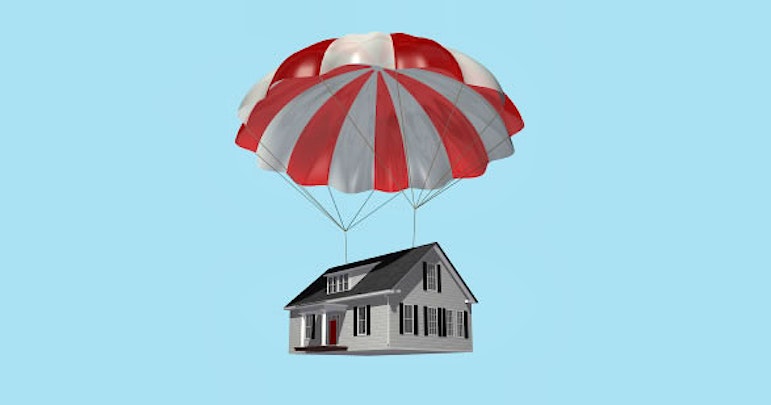
Congratulations! Your offer was accepted and it's time to start planning where the furniture goes. However, the escrow path towards closing requires you to fulfill an important loan condition called insurance (homeowners, hurricane and perhaps flood). Insurance offers financial protection in the event of a loss and has two main components that can be included as part of your payment.
- Homeowner’s or Hazard Insurance protects you against financial losses on your property as a result of damage from fire, wind, natural disasters or other hazards. Most lenders will require you to have a homeowner’s insurance policy on your home because protects their investment as well as yours.
- Mortgage insurance (MI) is required on certain loans to protect the lender against financial losses if the borrower fails to repay the loan. Usually, whenever the down payment is less than 20% of the home’s purchase price, lenders require some type of insurance. Loans insured by FHA/HUD programs require a Mortgage Insurance Premium (MIP) and VA loans require a funding fee. Conventional loans, or those without government backing, can be insured with Private Mortgage Insurance (PMI).
Typically, the portion of your monthly mortgage payment that covers taxes and insurance is held in a special account by your lender. Then, when these bills are due, the lender forwards payment on your behalf to the local government or insurance company. This process is known as escrow. Using escrow for taxes and insurance is an option for the homeowner but not a requirement. Once your mortgage is paid in full, you are still responsible for taxes and hazard insurance.
Types of Homeowners Policies
- If you purchase a single-family residence, you’ll need an HO3 policy. This policy protects the dwelling, other structures, personal property and loss of use as well as the interior components like flooring and cabinetry. Liability coverage is included in the event someone gets hurt on your property and sues you.
- If you purchase a condo or a townhouse, you’ll need an HO6 policy. Your Home Owners Association will typically carry a master policy on all buildings and common areas, but the homeowner is responsible to cover their unit interior, personal effects and liability, thus the premium will be much less than an HO3.
- An HO4 policy, or “renter’s” policy, also covers personal property, loss of use and personal liability when the insured is renting a single-family home, condo or townhome. The landlord’s insurance will not cover a renter’s belongings so this is important for all tenants to secure their own policy. Many rental agreements require the tenants to provide the landlord with proof of insurance. For the renter, it can cost as little as $25 per month.
Replacement Value vs. Actual Cash Value
Replacement Value is defined as the cost to restore or replace damaged or destroyed property without deduction for depreciation, using comparable material and quality. Actual Cash Value is the cost to replace using like kind and quality less depreciation.
There are multiple ways to bring down your insurance premiums. Items such as hurricane clips or straps, home fire and burglar alarm systems, and multiple policy discounts with the same insurance company are just a few. A good insurance agent knows all the tricks, so don’t be afraid to ask.
There are other types of Homeowner policies, including those for investment properties, but the ones mentioned above are the most common and will cover most buying situations. Consult your real estate and insurance agents for guidance on which insurance policy is best for you.










